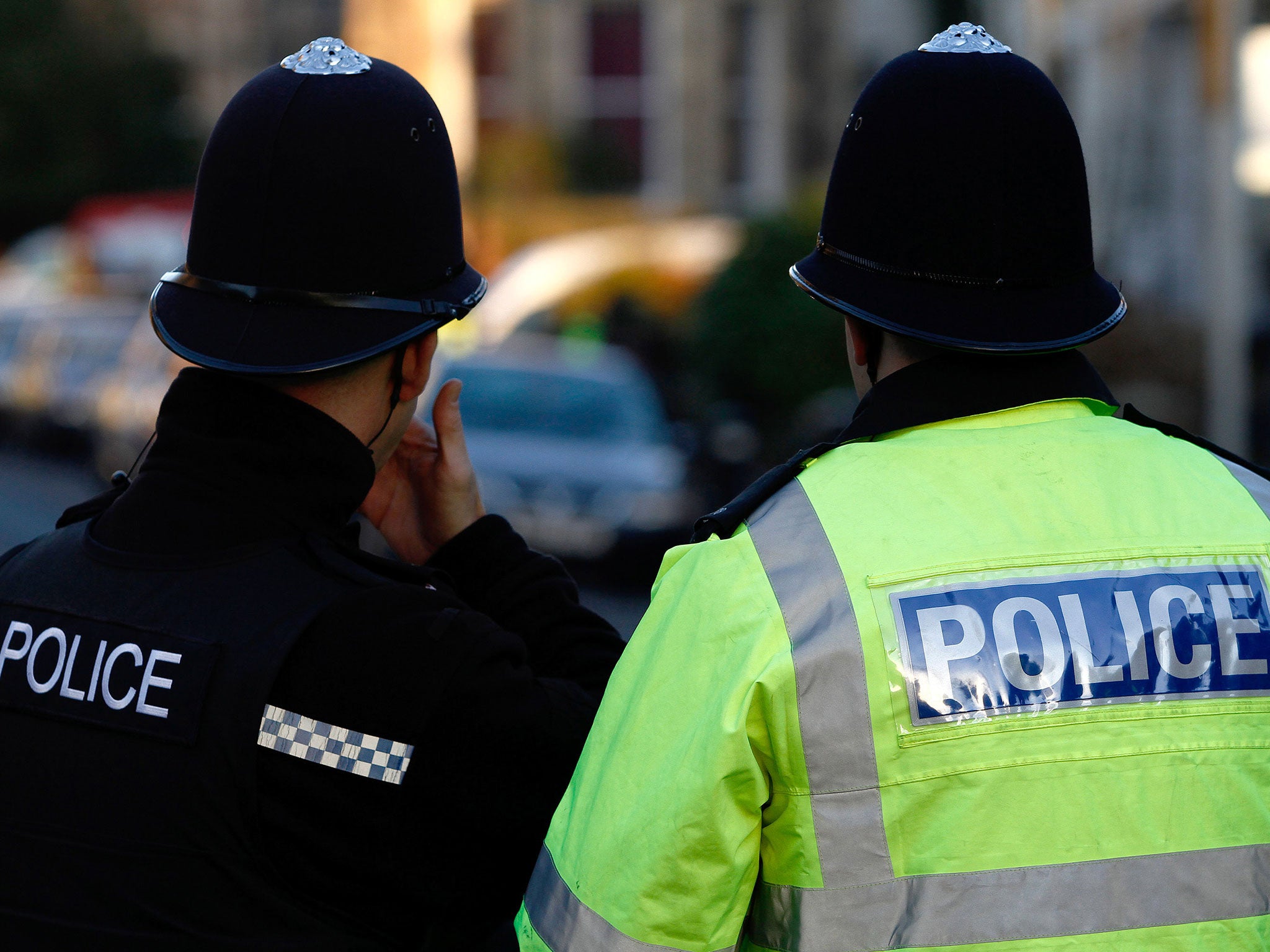Hundreds of police paid for by businesses, parish councils and locals
There has been concern that wealthy areas could increasingly start to pay for officers, creating a two-tier service

Police forces are being paid millions of pounds by local people, shopping centres and councils to provide officers, raising concerns about privatised policing.
More than 1,100 police and community support officers (PCSOs) are funded by about £20m a year from external sources, rather than the taxpayer, according to information obtained by The Daily Telegraph under freedom of information laws.
Some 132 police officers and 450 PCSOs working for West Yorkshire Police alone were at least partly funded by local councils and other organisations. The Metropolitan Police, the UK’s biggest force, refused to give its figures.
There has been concern that wealthy areas could increasingly start to pay for officers, creating a two-tier service.
Drighlington parish council in West Yorkshire pays £9,000 a year for a third share in a PCSO. Its chairman Andy Cattle said: “Obviously we’d rather it was funded through central taxes but sadly that’s not the case and if we didn’t pay we’d never see the police in the village.”
Northaw and Cuffley parish council in Hertfordshire currently pays £18,000 for a PCSO but is considering scrapping the arrangement. Jason Grocock, the council clerk, said: “We seldom see a police officer unless there’s been an incident. Local residents ask us, ‘What are we paying this for? We already pay the police precept in the council tax bill, so we’re paying twice.’”
Jonathan Isaby, chief executive of the Taxpayers’ Alliance, also questioned if the payments were justified.
“Residents will wonder whether these additional costs mean they are paying twice. If these payments allow forces to make savings then they should be more open about them so that taxpayers can decide for themselves whether they are getting value,” he said.
Join our commenting forum
Join thought-provoking conversations, follow other Independent readers and see their replies
Comments